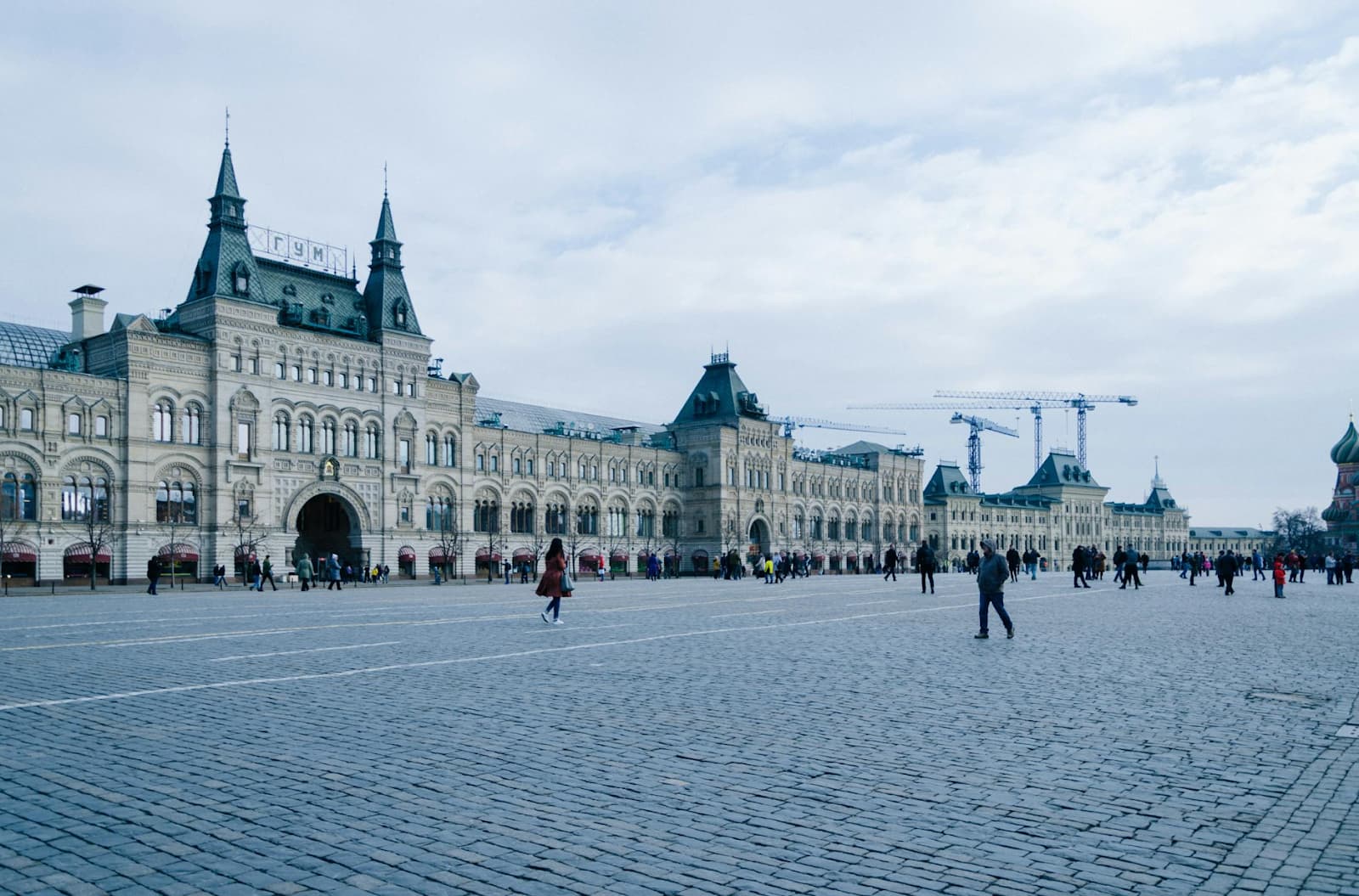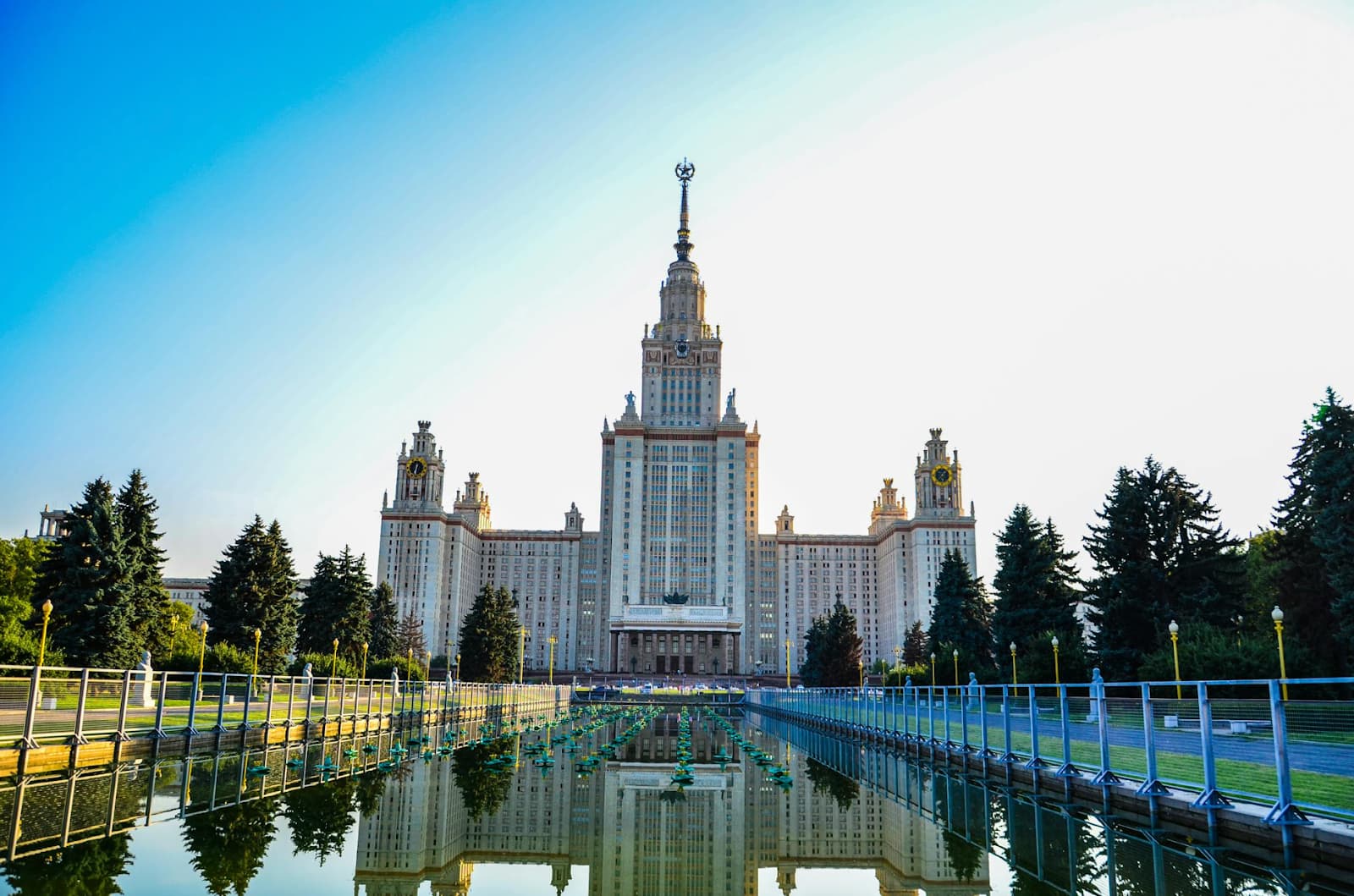High quality of education, desire to study Russian language and love for Russian classics – these and other reasons lead foreigners to Russian universities. Graduates of Russian universities from Africa, Asia and the Middle East shared their Russian-language stories in an online conference.
Gabriel Kochofa came from Benin to the Soviet Union to study and after graduating from the Gubkin Oil and Gas University he stayed in Russia to teach. In his opinion, the main advantage of Russian education is that it is fundamental, with the foundation underpinned by practice. “My students and I do internships every year, people have the opportunity to ‘touch’ oil and see its deposits.”
Adu Yao Nikes, Associate Professor of Theory and History of International Relations at the PFUR, came to Russia and enrolled at the PFUR by chance – he had no relatives or acquaintances in Russia. However, his impressions of this “accident” were only the most positive. He graduated with honors and remained on the faculty of the PFUR, where he has been working for 10 years already.
Abedallah Iesa, counselor at the Embassy of the State of Palestine, described how he became a graduate of the Literary Institute named after A. M. Gorky. “My attitude toward the Russian language was formed in Palestine as a child. I wanted to study Russian literature from within, and in that sense the Literature Institute gave me a lot,” he noted. – If you get to know the world of the Russian man, he won’t push you away. Only in Russia will they open the fridge in front of a guest and offer you any dish you want,” Abedallah Iesa added.
Riad Najm, vice president of the Lebanese-Russian Friendship Society, shared that Lebanon now has no problems with the recognition of Russian diplomas, so Lebanese students gladly go to Russia. “They easily return, and the level of education received in Russia allows them to work and occupy high positions,” he noted.




